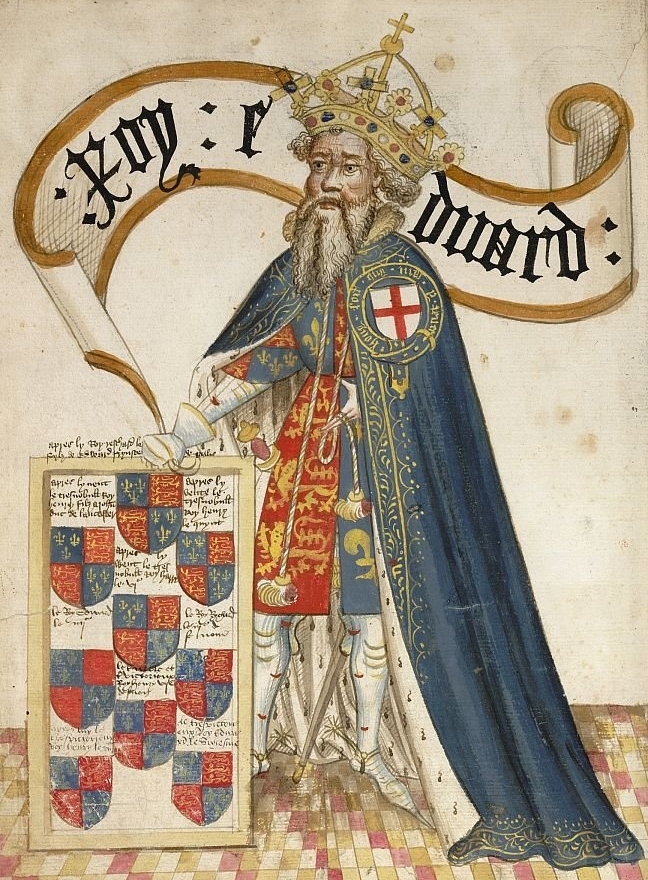Medieval England
- Introduction to Medieval Political Landscape
- Power Struggles and Developments
- Key Turning Points
Key Turning Points
The Hundred Years War: Causes, Key Figures, and Political Implications

King of England.
The Hundred Years War, a series of conflicts fought between England and France from 1337 to 1453, was a pivotal event in the history of Medieval Europe. This war had profound political implications, leading to significant shifts in power, changes in military technology and tactics, and the rise of nationalism.
Causes of the Hundred Years War
The primary cause of the Hundred Years War was a dispute over the French crown. When the last Capetian king of France died without a male heir, Edward III of England claimed the French crown as the grandson of Philip IV of France. However, the French nobility chose Philip of Valois, a cousin of the deceased king, to rule, thus igniting the conflict.
Key Figures
Several key figures played crucial roles in the Hundred Years War. Edward III initiated the war, claiming his right to the French throne. His son, the Black Prince, was a notable figure, known for his military successes.
Henry V, another English king, won a significant victory at the Battle of Agincourt in 1415, leading to the Treaty of Troyes, which recognized him as the heir to the French throne.
On the French side, Joan of Arc, a peasant girl, played a pivotal role. Guided by her visions, she led the French army to several important victories, which helped turn the tide of the war in favor of France.
Political Implications
The Hundred Years War had far-reaching political implications. It led to the rise of nationalism in both England and France. The war fostered a sense of national identity and patriotism, as people began to view themselves as English or French rather than subjects of their local lords.
The war also led to significant changes in military technology and tactics. The longbow, used effectively by the English, revolutionized warfare, diminishing the importance of heavy cavalry and favoring infantry tactics.
Impact on England and France
The war had a profound impact on both England and France. In England, the war's cost led to internal conflict and eventually to the War of the Roses. In France, the war ended with the expulsion of the English and the consolidation of the French monarchy's power.
In conclusion, the Hundred Years War was a defining event in Medieval European politics. It not only changed the political landscape of England and France but also set the stage for the modern nation-state's emergence.